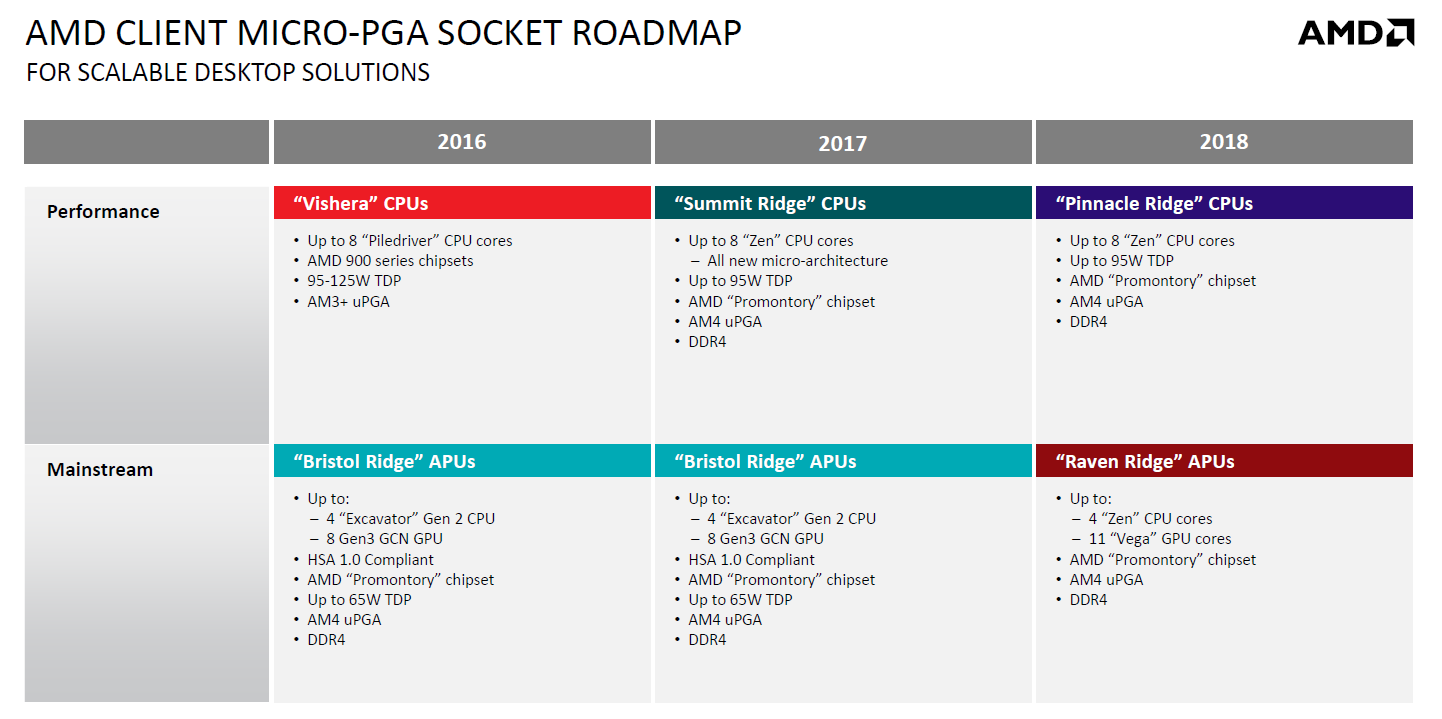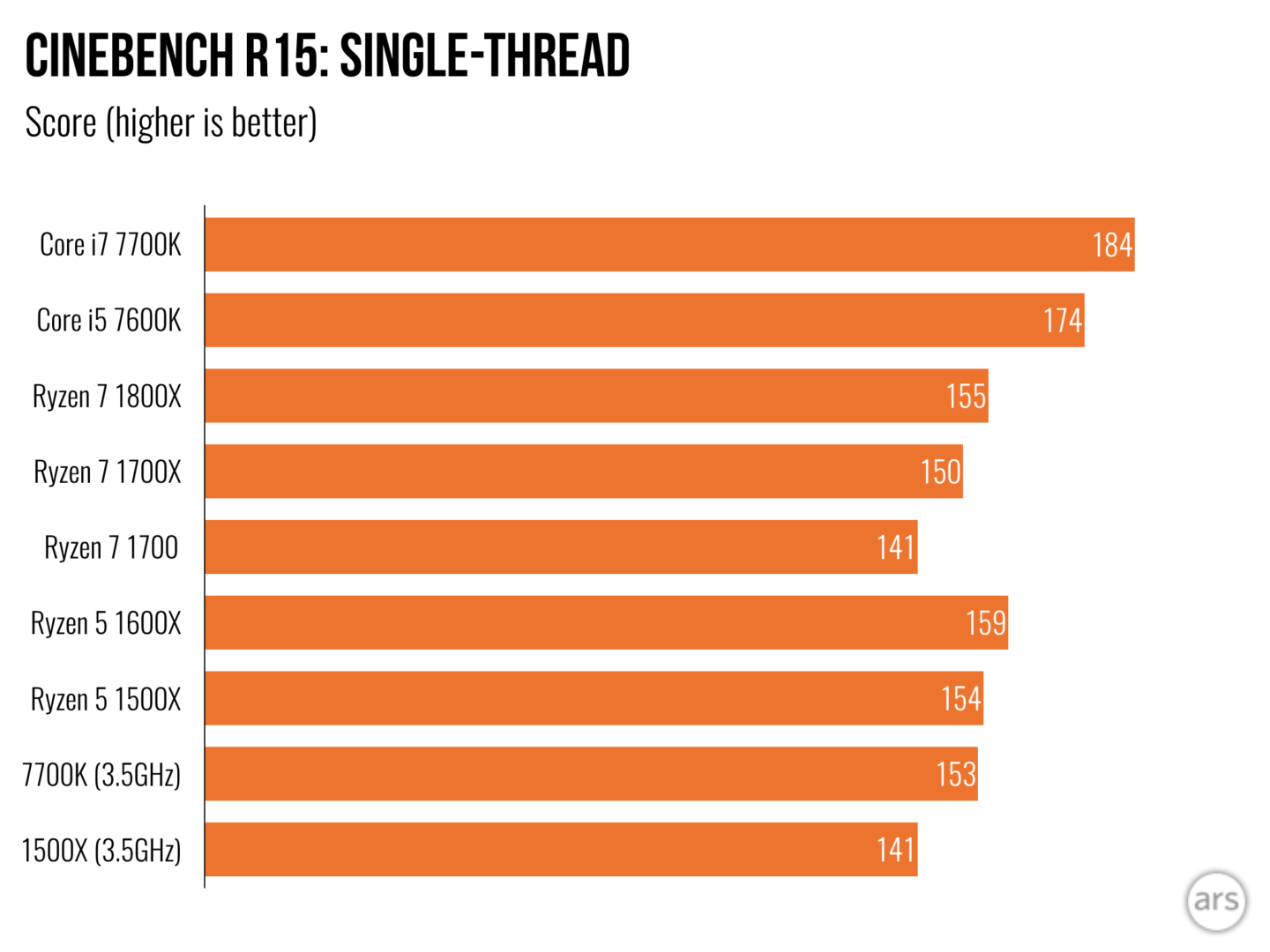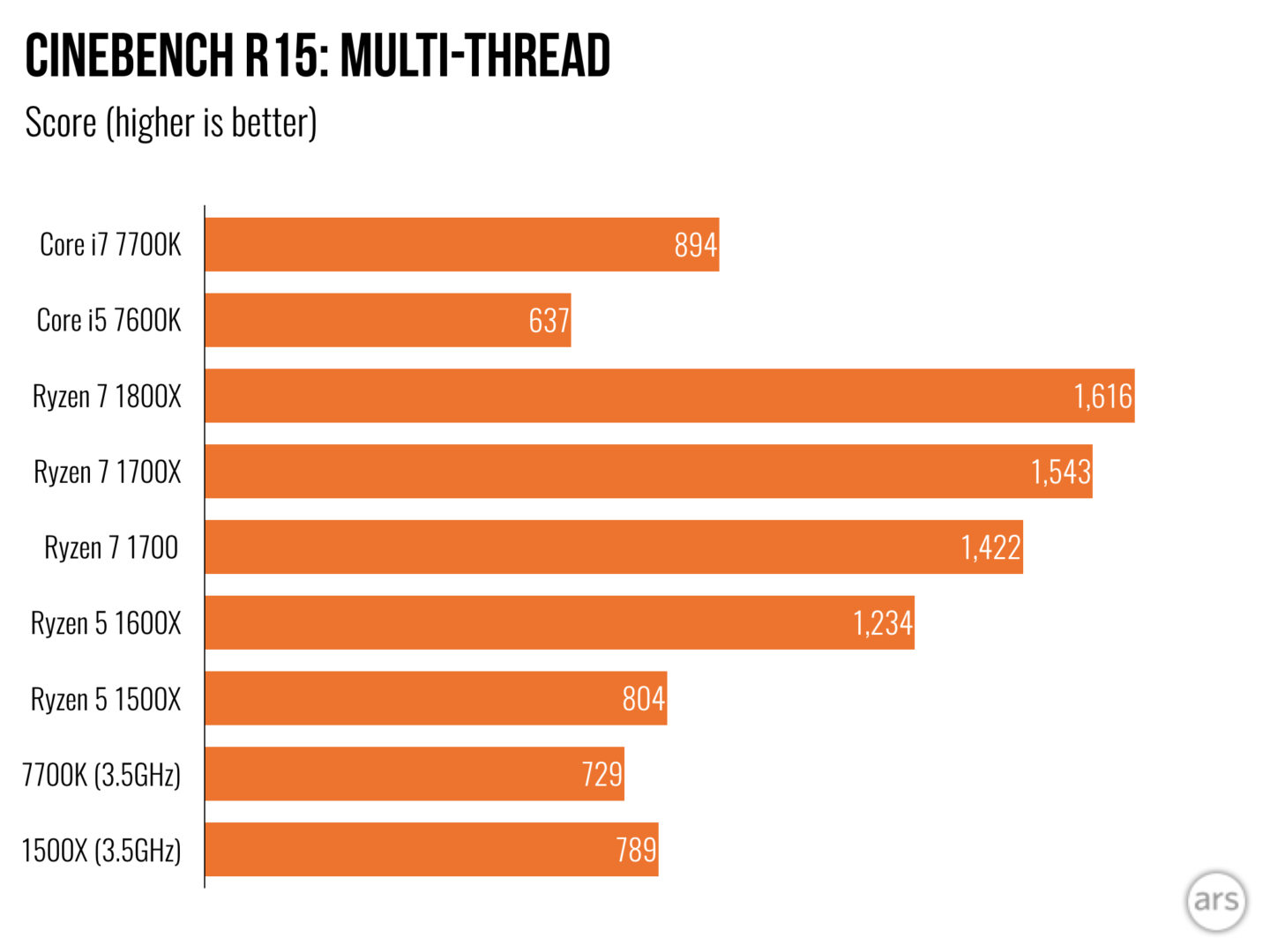gamerk316 :
8350rocks :
gamerk316 :
nikoli707 :
wasn't asus bragging about getting threadripper to 5.0ghz? will this finally be the definitive enthusists gaming cpu? heck, 4.5ghz on 16 cores would be a gamers dream.
Even if it performs the same as a 7700k clocked at 4?
I'll say it again: These CPUs are going to offer next to zero performance benefit in games. They're showpieces, nothing more.
These are workstation class CPUs that can play games effectively. This is even more evident than with Ryzen 7.
The one thing these will be able to do better than anything else on the planet is some crazy Quad Crossfire setup.
True, but since SLI/CF is handled by the Developer now, you see it being handled properly a lot less, let alone tri/quad setups. Those days of tri-8800 GT's are long gone.
Make no mistake: These are parts that serve no tangible benefit for gamers. They serve no purpose but to satisfy ego.
What I don't get is why everyone on here is *so* obsessed with gaming as the primary focus for a CPU? I mean most of the review sites glossed over Ryzens excellent production scores as declared Intel better based on gaming numbers, why? Am I the only person that uses a PC for work anymore?
Threadripper is a production oriented chip, just as the Intel X299 parts are (with the exception of the 2 quad core parts- I really don't understand why they even exist?).
I mean if gaming is really *all* you're doing with a pc, then why not just go console? A PS4 pro provides excellent visuals, is gurenteed to work with all titles released for it (without having to dig through pages and pages on a support forum to work out whats wrong) and will cost a lot less than an equivalent performing gaming PC due to the huge overheads involved in running Windows / background apps and such. The only argument for a dedicated gaming PC is if you specifically want to play something not on consoles like RTS titles- such as AOTS (which apparently is only a benchmark as 'no one plays rts anymore'- again apart from me it seems). I think most PC enthusiasts use a PC for more than just gaming though- in which case a high core count cpu that *can also handle games* does in fact make sense.
What these parts are good for:
- Video production
- Gaming whilst streaming
- Software rendering applications (big names such as Keyshot are still exclusively cpu bound due to the rendering technique- essentially you cannot do photo-real raytracing on a gpu, which is required for the most realistic images)
- Mesh based 3D design / 3D Scanning related stuff (these are usually well threaded, engineering CAD is usually quite poorly threaded and runs better on high speed low core count parts, aside from rendering)
- Software development especially compiling
- Music production (most of the big composition suits assign VST and effect plugins per core- more cores means more real time voices and effects at once)
I'm sure there's loads more stuff as well- I mean these are the things that meant PC's stayed relevant despite tablets. I love a bit of gaming but I don't really get the obsession with it as the be all and end all (heck look at Toms review of Ryzen- 10 pages of games benchmakrs and a single page dedicated to 'other stuff''- the same applies to Intels higher core count parts too, people dismiss them too quickly imo).




